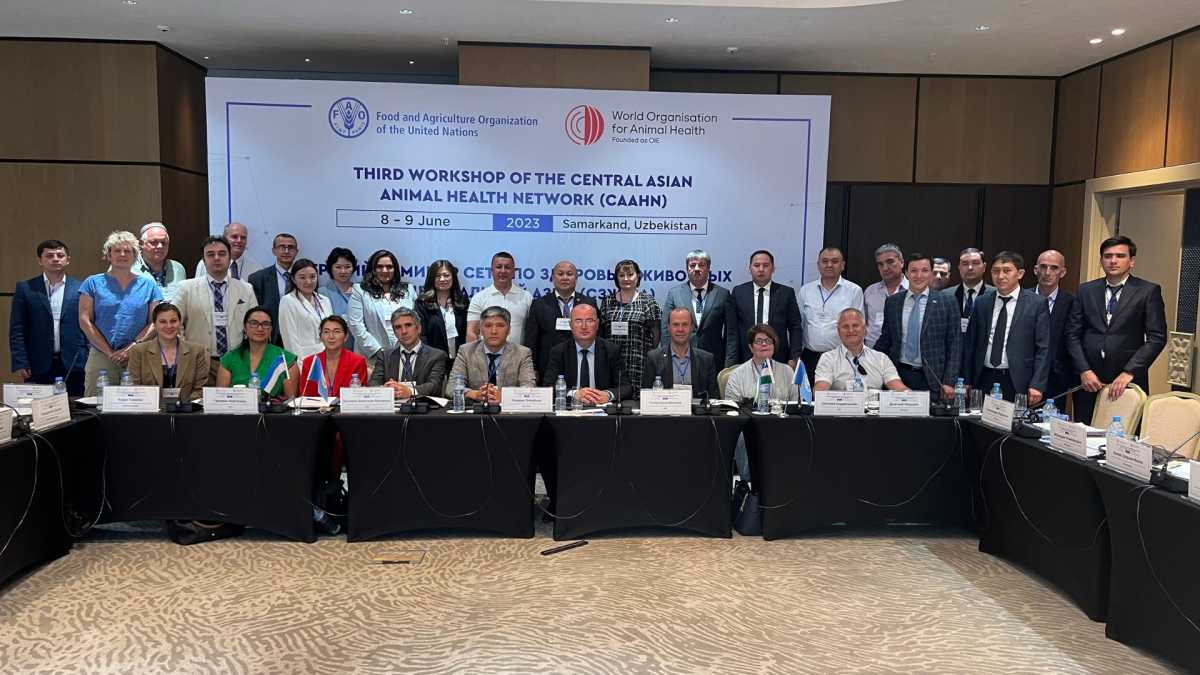Health
USAID and FAO Collaborate to Enhance One Health in Uzbekistan

USAID and the Food and Agriculture Organization (FAO) have joined forces in Uzbekistan to bolster the One Health initiative, focusing on animal and public health threats. The project, led by the FAO Emergency Center for Transboundary Animal Diseases, falls under USAID’s Global Health Security program.
The launch event in Tashkent, Uzbekistan, marked the beginning of this collaboration between USAID, FAO, and the Committee of Veterinary and Livestock Development of Uzbekistan. The project aims to enhance Uzbekistan’s capacity in preventing, detecting, and responding to health threats related to animals.
At the inception workshop, attended by government officials, international organizations, and civil society representatives, the project’s objectives were outlined. Sherzod Umarov, Assistant FAO Representative in Uzbekistan, emphasized the interdependence of human, animal, and environmental health.
Uzbekistan’s agricultural landscape heavily relies on livestock, serving as a significant income source for rural communities. The country prioritizes livestock production, with cattle, sheep, goats, poultry, and horses being economically valuable for meat and milk.
The COVID-19 pandemic underscored the need for a One Health approach globally, as infectious diseases can quickly spread between animals and humans. Strengthening crisis preparedness plans, governance structures, and response capacities is crucial for mitigating health risks at the human-animal-environment interface.
Animal health and food safety remain paramount in Uzbekistan, addressing food security and public health concerns. Collaborative efforts in these areas are vital for safeguarding vulnerable populations and enhancing the value of livestock in the country.












